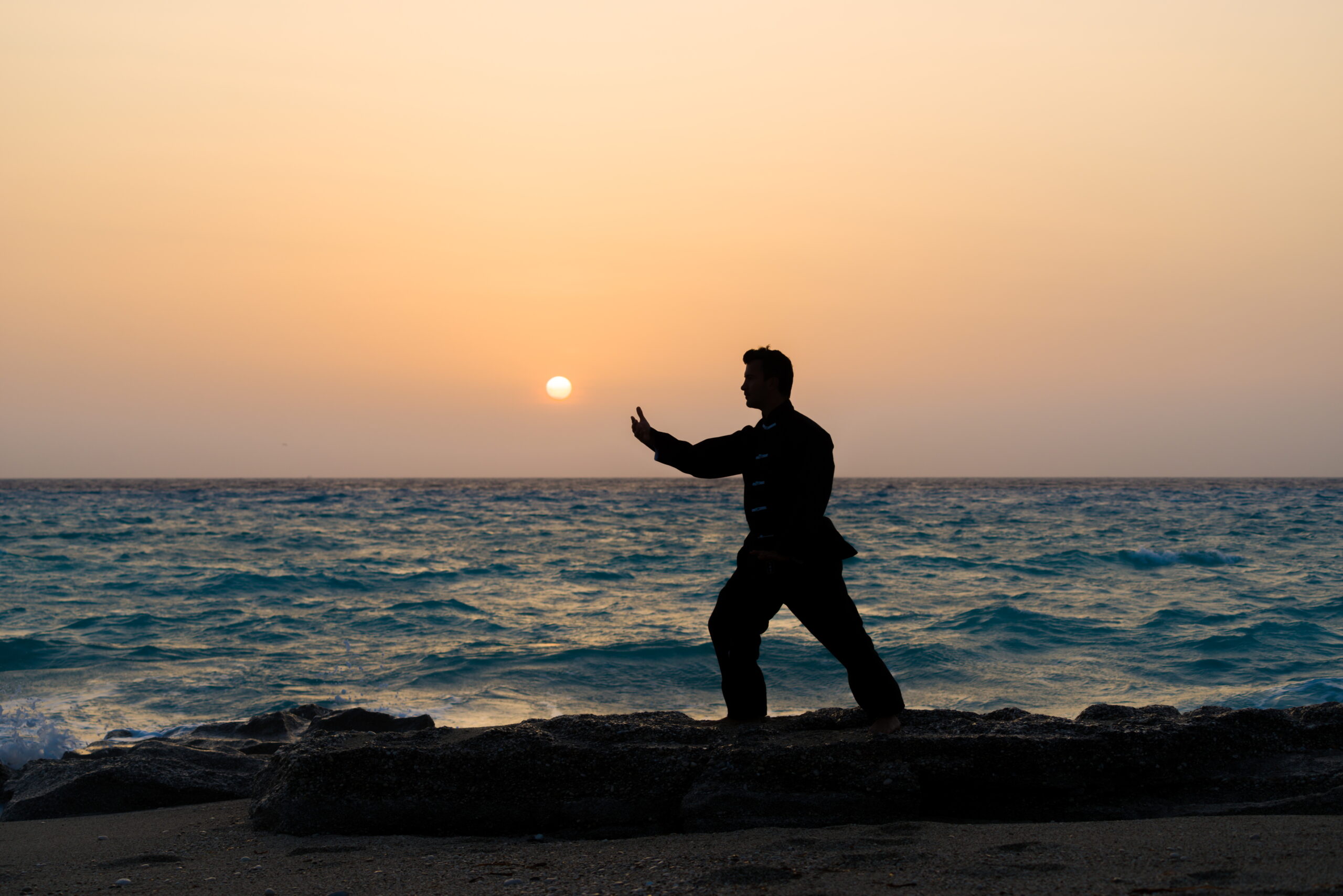
Someone recently commented that in their heads they were still about 25. The person in question is in their 60s. I find that if I catch a glimpse of myself in a mirror, when I’m not expecting it, I’m always shocked that there’s an old guy looking back at me. My internal self-image, it seems, is not what I actually look like. I don’t think this is very unusual, but I do think it is very significant. I understand that people with eating disorders often misjudge their real image. When shown a number of altered images of themselves and asked to choose which one is accurate, they apparently think they are a different shape, often believing they are fat, when in fact they are dangerously thin. I started wondering how our self-image affects us. Could we have a healthy misconception? It is a general truth that people who believe themselves to be beautiful, tend to be judged so by others because of their projected identity, through the confidence that their body language implies. Do those who think of themselves as younger, appear so to others? Is that why my parents’ generation appeared older at my age? Did they simply think of themselves as much older?
So my question is? Can we manipulate our own self-image to be more psychologically and even physiologically healthy? I’m not talking about self-deception. We all in fact have an inaccurate image, but if we accept that, the only issue is, is the inaccuracy helpful? If not, how do we change it?
I recently read about an experiment done with a group of older men. They were in their 70s and 80s. These men were invited to spend a week in a holiday retreat together. They underwent extensive physical checks to have a base line for their overall health. They were asked to behave as if they were 20 years younger; to pretend as best they could and to keep this up consistently for the week. To make this easier, the magazines, and TV shows, including the news, were all from that week 20 years previous. At the end of the week they were given another overall health check. These checks showed that they had all become, by every clinical verifiable factor, younger. In some cases significantly; to the point of no longer needing walking sticks etc.
Another interesting experiment was done at a university. An actor, dressed in a suit, behaved, in terms of his body language and general manner, as if he had great authority and was introduced to several classes as the new Bursar. When he left the room, the teacher asked the classes to estimate his hight. For other classes, he was dressed in overalls, behaved in a rather humble and apologetic way, and was introduced as the new caretaker. Again the classes were asked to estimate his hight. The first groups’ estimated average was around 2 inches taller than the actor actually was. The second groups’ estimated average was around 2 inches shorter than his actual hight. 4 inches different!
In addition to the above study, other studies have shown that a taller individual is more likely to get a job with significant responsibility than a shorter person.
What does this mean? Probably because while we are growing, and during our most formative year, it was generally the case that people taller than us had more authority, we therefore can’t help assuming someone taller has more authority still. But also, when someone has a position of greater authority, we attribute to them (literally perceive) greater hight.
It is not possible to separate all of these factors. How we think of ourselves, our own self-image, hugely affects how we behave, our body language etc. and therefore how others see us. How others see us, affects how we feel about ourselves. Our self-image influences our physiological state, our health and even our life expectancy. This is why we put so much emphasis on your personal emotional growth and how you think, not just whether you see yourself as a confident martial artist, though that is significant, but in every aspect of your life. Your thinking about yourself is the number one factor in shaping the rest of your life, including how much life you have left.
